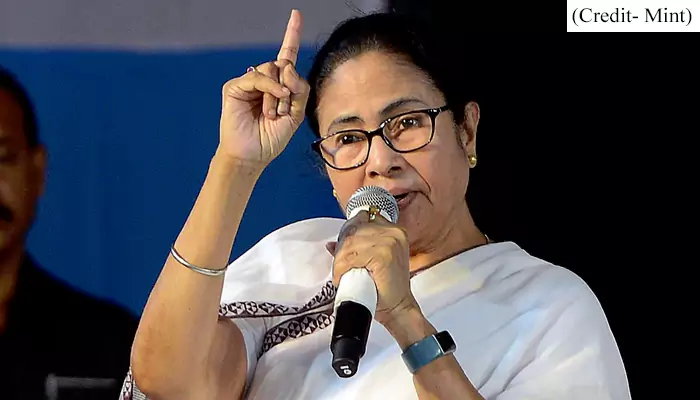Sheikh Hasina's Exit: What Dhaka's New Era Means for India’s Diplomacy
- Devyani
- 1 year ago
- 3 minutes read

Sheikh Hasina spent six years in India’s capital, Delhi, as its “secret resident”. The former Bangladesh Prime Minister has a deep understanding of the capital, and Delhi is equally familiar with her, as she had served as a trusted friend and ally for India in a crucial neighbouring nation.
During her tenure, Hasina turned down the space for anti-Indian activities in Bangladesh. She also brought an end to longstanding disputes between the borders. The diplomatic relationship between India and Bangladesh elevated to new heights under Hasina’s rule. So, now that Hasina is out of power, how does it impact India?
India's Trusted Ally: Hasina’s Enduring Friendship Across Administrations

Having supported Sheikh Hasina’s Awami League government for more than a decade, India must reassess its strategy following Hasina’s sudden departure. When Hasina first came into power in 2009, she was backed by the Congress-led Indian government. Later, in 2014, her ties with India further strengthened under Modi’s leadership.
Earlier this year, when Hasina was re-elected for her fourth consecutive term, she chose India first for a bilateral visit.
As the anti-India sentiment prevails in Bangladesh after Hasina’s departure, the Indian government must necessitate significant diplomatic efforts with the country to regain lost ground.
How Does the Future of Transit Look Like?
The succeeding regime in Dhaka may introduce some revisions to the transit and trans-shipment agreements between India and Bangladesh. These agreements are of significant importance to India for improved supply of logistics to its north-east region. Under the new regime, Delhi must cooperate with the interim government to ensure these agreements remain in place.
Guarding the Borders: Hasina’s Commitment to India’s Security

According to experts, India found a reliable friend in Sheikh Hasina as she has been tremendously sensitive to India’s security concerns. India has reciprocated the support by bolstering development and building connectivity in Bangladesh to gesture the security and economic interdependence between the two nations.
Recently, India has offered a helping hand to Bangladesh regarding the Teesta Reservoir Project, which is being watched like a hawk by China. The project is situated close to the Siliguri Corridor or the Chicken’s Neck, which is strategically significant for India. Hasina’s shortened duration of visit to Beijing in July yielded very little for China.
Not only China but Bangladesh is also eyed by several other countries including the US and a pro-Pakistan faction due to its strategic location.
Under Sheikh Hasina’s leadership, India and Bangladesh attained a groundbreaking land boundary agreement on an issue which has been brewing for decades. The countries share resources like fuel and electricity.
What’s the Bigger Challenge?
China has been assiduously seeking to widen its influence in Bangladesh. China has the financial capacity to back the government that follows Hasina. A powerful Chinese footprint in Bangladesh could pose a significant challenge for India, placing the country in a strategically threatening position encircled by unfriendly or less favourable neighbours with China and Pakistan to the west and north, Nepal under communist leadership, Taliban-controlled Afghanistan to the far west, Maldives in the Indian Ocean with an anti-Indian sentiment, and a potentially neutral Bangladesh. This situation would negatively impact India's strategic and security interests.




.webp)







